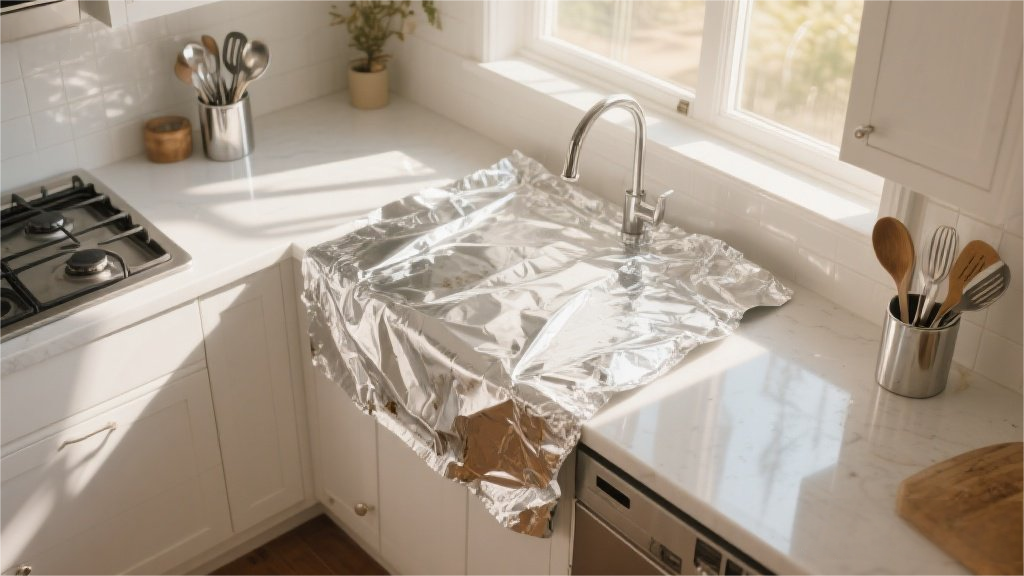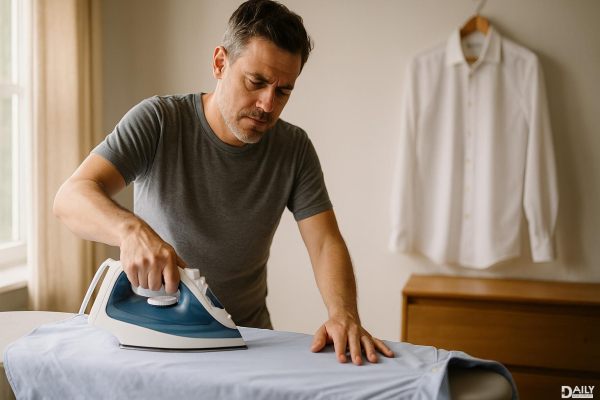If you're reading this while hitting snooze for the third time, welcome to the club. Being a night owl in a world obsessed with 5 a.m. productivity porn isn’t just frustrating—it feels like a personal failure. But here’s the truth: Your worth isn’t measured by how early you roll out of bed. Science says your sleep preferences are baked into your DNA, and no amount of viral "5-to-9" morning routines can change that. So let’s unpack why society worships early risers, why your night-owl tendencies are totally valid, and how to thrive on your own biological clock—without the guilt trip.
The Science Behind Your Sleep Schedule
Blame your parents if you’re not a morning person—literally. According to sleep specialist Shelby Harris, PsyD, your circadian rhythm (that internal clock dictating when you feel alert or sleepy) is heavily influenced by genetics. If your mom was burning the midnight oil, chances are you inherited those late-night vibes. But before you resign yourself to a lifetime of side-eyeing sunrise joggers, know this: While biology plays a huge role, habits can nudge your natural tendencies. A 2023 study found that consistent early wake-ups can gradually shift night owls toward morning-lark territory—but it’s not a quick fix. Your body will cling to its default setting like a cat refusing to vacate your warm spot in bed. And forcing a mismatch between your natural rhythm and societal expectations? That’s a fast track to exhaustion, brain fog, and long-term health risks like heart disease or diabetes. So unless your job or lifestyle demands a 180-degree schedule flip, fighting your biology is a losing battle.
Why Society Treats Night Owls Like Slackers
bosses who wake at dawn often (unfairly) label night-owl employees as lazy, even if their work output is identical. This cultural obsession equates pre-dawn productivity with moral superiority, as if choosing sleep over a sunrise spin class makes you less disciplined. But here’s the reality check: Waking at 5 a.m. to journal and hydrate doesn’t automatically make someone more "successful" than the person who sleeps until 8 and crushes their to-do list by midnight. The toxic myth that early = better ignores a crucial fact: Sleep deprivation is rampant among self-proclaimed morning people. Many are running on caffeine and cortisol, sacrificing rest to fit a mold that doesn’t serve them. True productivity isn’t about when you wake up—it’s about aligning your schedule with energy peaks that let you perform at your best.
How to Own Your Night-Owl Status (Without Apology)
First, ditch the guilt. If your job allows flexible hours, structure your day around your natural energy surges. Schedule creative work or workouts during your personal "peak" times (maybe that’s 10 p.m.), and automate mornings with minimal brainpower tasks. Second, optimize your environment. If you must function early, use gradual light exposure (try a sunrise alarm clock) and avoid blue light at night to gently coax your rhythm. But most importantly? Stop comparing. The "hustle at dawn" narrative is just that—a narrative. History’s night owls include geniuses like Freud and Obama, who famously worked past midnight. As Dr. Harris notes, clients who embrace their natural rhythm report less stress and higher productivity. So unless your survival depends on a 6 a.m. shift, stop gaslighting yourself into believing you’re broken. The world needs your midnight ideas, your 11 a.m. brilliance, and your unapologetic right to rest—worm-catching birds be damned.
At the end of the day (or, for you, maybe the start of it), sleep isn’t a moral issue. Whether you’re wired for dawn or dusk, what matters is honoring your body’s needs—not cramming yourself into a productivity cult that worships sleep deprivation as a badge of honor. So set your alarms (or don’t), brew your coffee (whenever), and remember: The only "right" schedule is the one that lets you live well, work smart, and actually enjoy being awake.
























